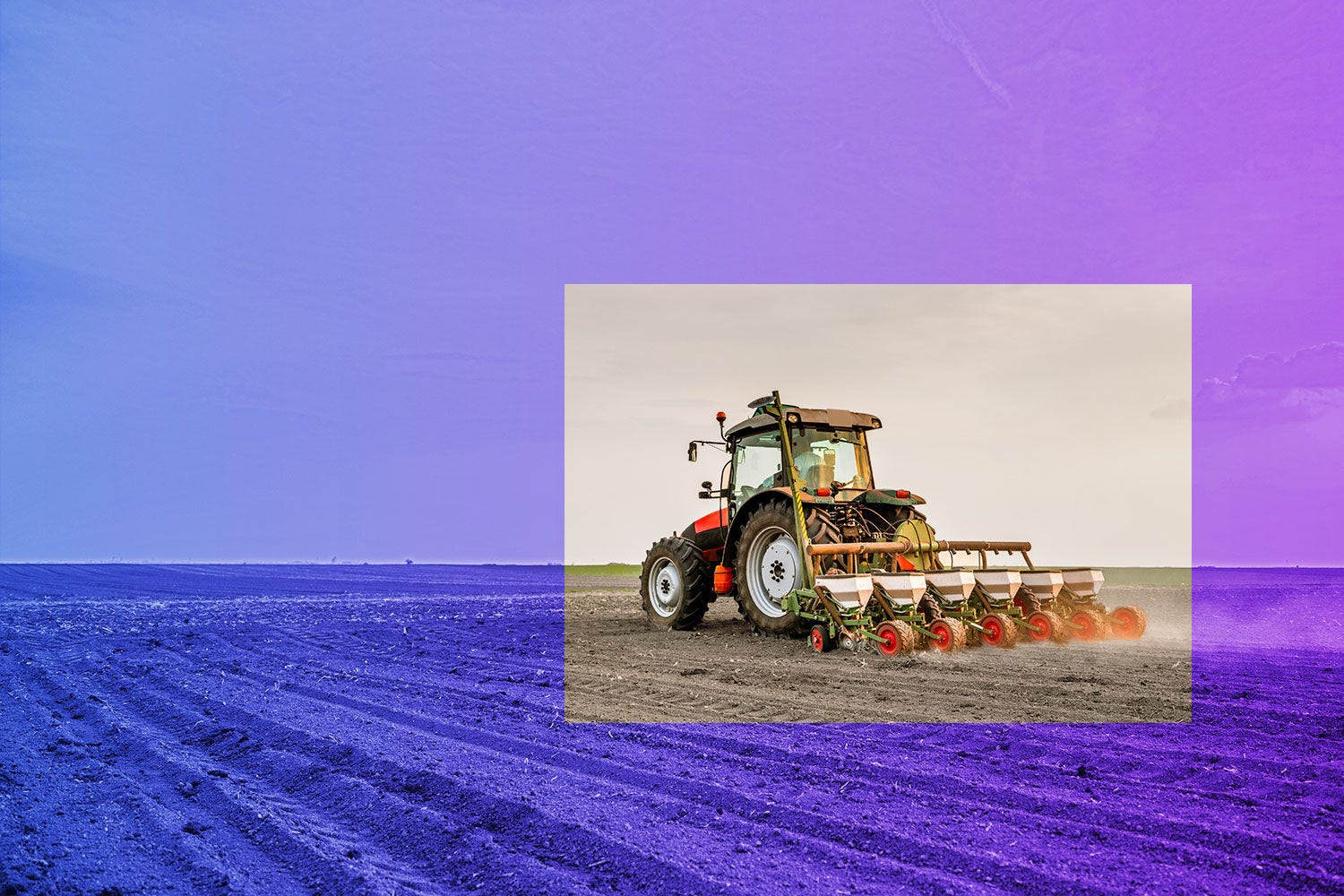Co-authored by Prakash Powdel, Associate Director, Power & Utilities, KPMG in India
The Government of India’s (GoI) vision of net-zero emissions by 2070 is driving concentrated efforts towards electrification of energy consumption and decarbonization of electricity grid. A modern technology that aligns with this effort in the agricultural sector is electric tractors (e-tractors). E-tractors can help transition from traditional diesel-powered tractors and encourage integration of renewable energy into the grid for net zero emissions.
This is important as tractors are a dominant source of energy consumption in agricultural sector and an important means of farm mechanization. Over the years, the GoI’s effort of improving farm mechanization through schemes like the Sub-Mission on Agricultural Mechanization (SMAM) have significantly promoted tractors through upfront subsidies, establishment of Custom Hiring Centers (CHCs) with affordable leasing options, etc.1 Such efforts have boosted tractor adoption, and improved farm mechanization levels to 47%.2 Continuing this trend, as India works towards improving farm mechanization levels to 75-80% in the next 25 years, promotion of e-tractors will set the right path towards sustainable energy use in agriculture.



